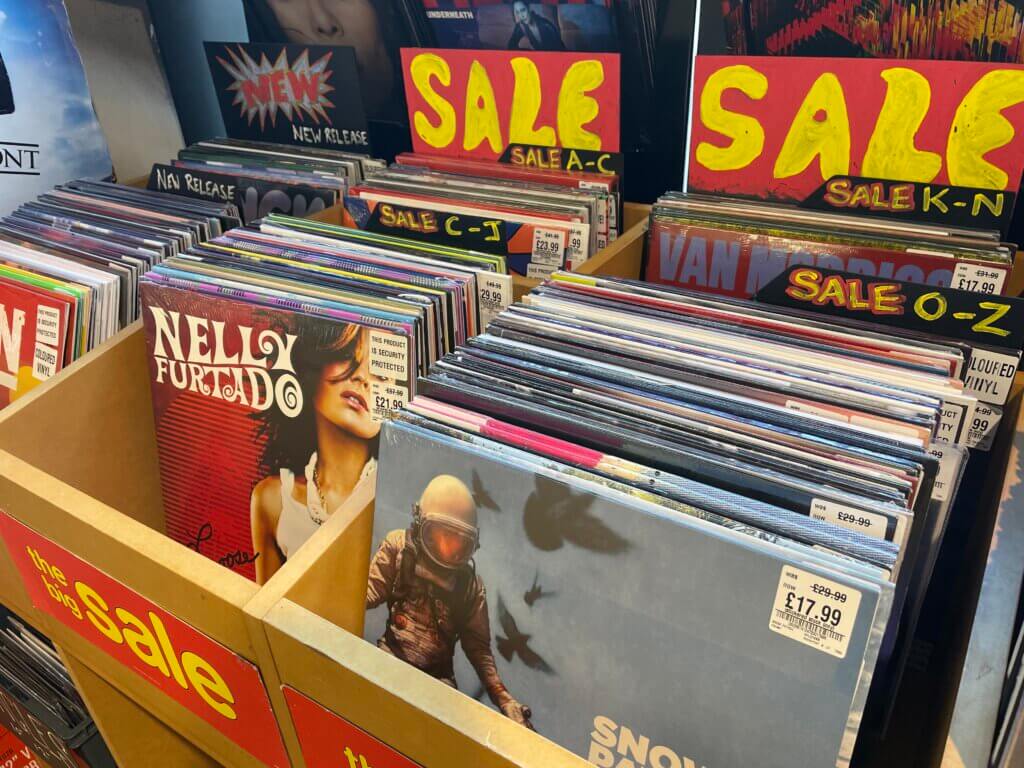The lasting impact of World War One art and literature
Written by Zoe Stephenson on 14th March 2023
As a growing society, it is important to remember our history. One important aspect of history is the devastation of World War One where around 20 million people lost their lives and many more left with life impacting wounds. The war was known as the great war and the ‘war to end all wars’ but we know that wasn’t the case.
After the war, there was a need to understand and educate about the war because the news wanted to sensitise the public from knowing the true devastation of the war. When soldiers came home from war, they weren’t encouraged to talk about what they experienced so this left a lot of unspoken traumas that these poor young men went through. A lot of war poetry highlights the idea that the war aged these young men due to how much they had to face.
Following the war, there was a silent period in art and literature where people didn’t know how to react or cope with the lasting impacts but then, art became a popular way to discuss the war in a more appropriate way. Art has been used for a long time before that with art of warfare dating back to ancient tapestries but now, there was many more forms of art such as realism to express what is really happened in the war.
Literature was becoming more and more common as more people were learning to read and write; a lot of artists, poets and playwriters were fascinated with the war because it was a massive event that impacted many people and still to this day, people are writing and painting about World War One as a way to make sure we never forget the sacrifices that were made for our future.
A play that was published in 1927, which was only nine years after the end of the war, is Journeys End by R. C. Sherriff. Sherriff was an officer in the war and he wrote this play in the genre of realism to show the true impact that the war had on the men in the trenches and dugouts. When this play was first produced, the theatres were reluctant to show the play because they were worried the audience would be upset by it for only being nine years after the war. However, there was very positive feedback and it is now popular to today.
Poetry was also written during and after the war as a way for people to share their thoughts and feelings during this hard time. Many of the powerful and famous war poems were published in a book called ‘The Oxford Book of War Poetry’ and it is a great recourse for seeing a timeline of the war in terms of poetry before, during and after the war. One poem from the book is called Rouen and it is written from the point of view point of a nurse during the war; it was like a diary for her to discuss what it was like and how she can discuss this with other nurses.
Plays like Journeys End and poems like Rouen are studied in college and university courses which shows that they have a long-lasting impact in literature. Being able to study and read these plays and poems is an amazing way to honour our past in a respectful way.
However, there has been criticism of modern literature writing about World War One because the writers weren’t alive during the war so there may be inaccuracies in the storyline which may change what we know about the war. An example of modern World War One literature is Life Class by Pat Barker. Barker is quite famous for her war novels with Life Class being the first book in her second trilogy. An issue with this book is when a character goes over to Belgium, she gets in easily by faking being a nurse which wouldn’t happen during the war because it was too dangerous for people on the home front to move around.
As the generations that were alive during the war die out, it is going to be hard to write or draw a powerful piece of work about World War One but there is all of the literature and art from the time available around the world to use when writing or drawing the impacts of World War One.
So, is World War One literature important to a modern-day audience? There is much evidence to say yes in terms of remembrance and how some amazing literature has come out of the war. Without all of the wonderful art and literature we have available, we wouldn’t have as much of an understanding about the war like we do now which is an amazing thing that art and literature can do. Art and literature are timeless and still impacts any age and audience. As a society, we will never forget the sacrifices the soldiers did for our today.







